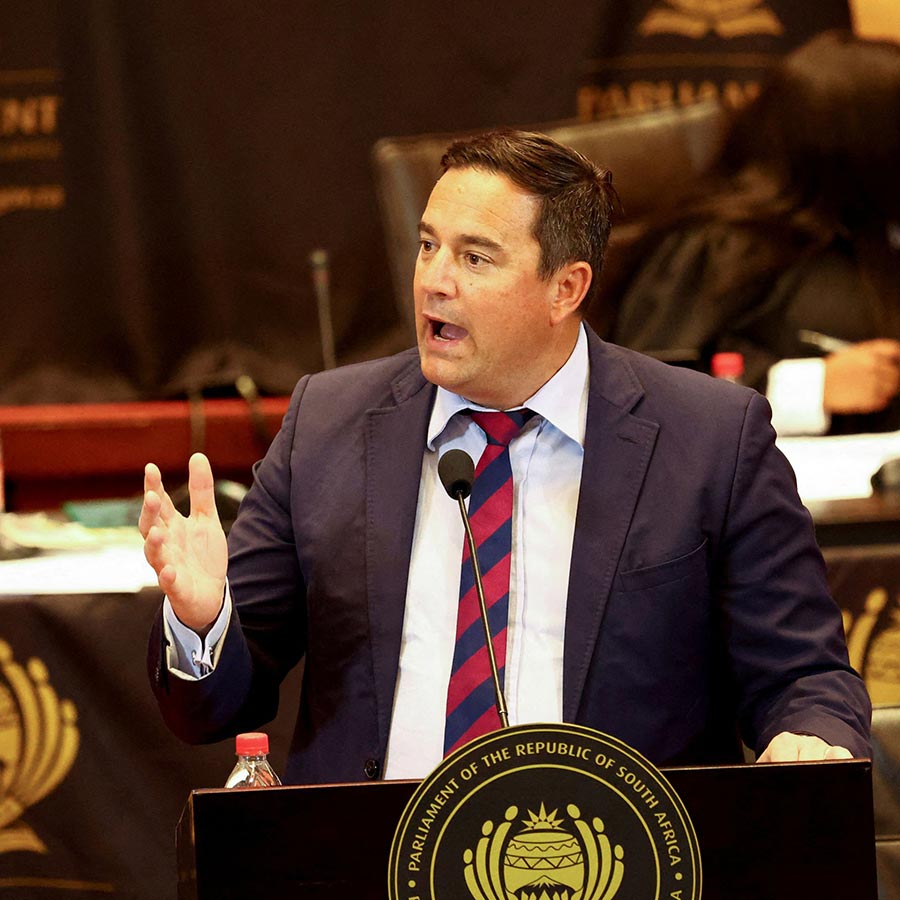Seven opposition parties in South Africa reached an agreement in August to form a coalition to unseat the ruling African National Congress (ANC) if it fails to gain an outright majority in next year’s general election. The parties, which include the country’s main opposition party, the Democratic Alliance, and a string of small parties, agreed on what they called a Multi-Party Charter for South Africa. The agreement followed two days of meetings in Kempton Park, east of Johannesburg.
The ANC is the party of the late Nelson Mandela, and when the 2024 elections come around, it will have been in government for 30 years since the end of apartheid. The party led the anti-apartheid movement and came to power in South Africa’s first all-race election in 1994, when Mandela was elected president.

But its support has slowly waned over the years amid criticism that it has failed to provide basic services and ease poverty for millions of the country’s Black majority. Widespread corruption in state-owned institutions and local and national government has further eroded its popularity.
In the 2019 election, the ANC won 57.5% of the vote, but its share dipped below half in local elections two years ago. That was seen as a momentous moment in South African politics, although it still won around 24% more of the vote than its nearest challenger.
In national elections, South Africans vote for a party, not a president. Lawmakers in Parliament then elect the president, which has always been the ANC leader because of its majority in the legislature.
Opposition parties hope they might be able to form a majority in Parliament if they cobble all their votes together, although they would have to agree to back one candidate for president.
“The seven political parties in this charter have come together to keep the ANC out,” said Democratic Alliance leader John Steenhuisen. He said it would “provide a new alternative to rescue South Africa in 2024.”